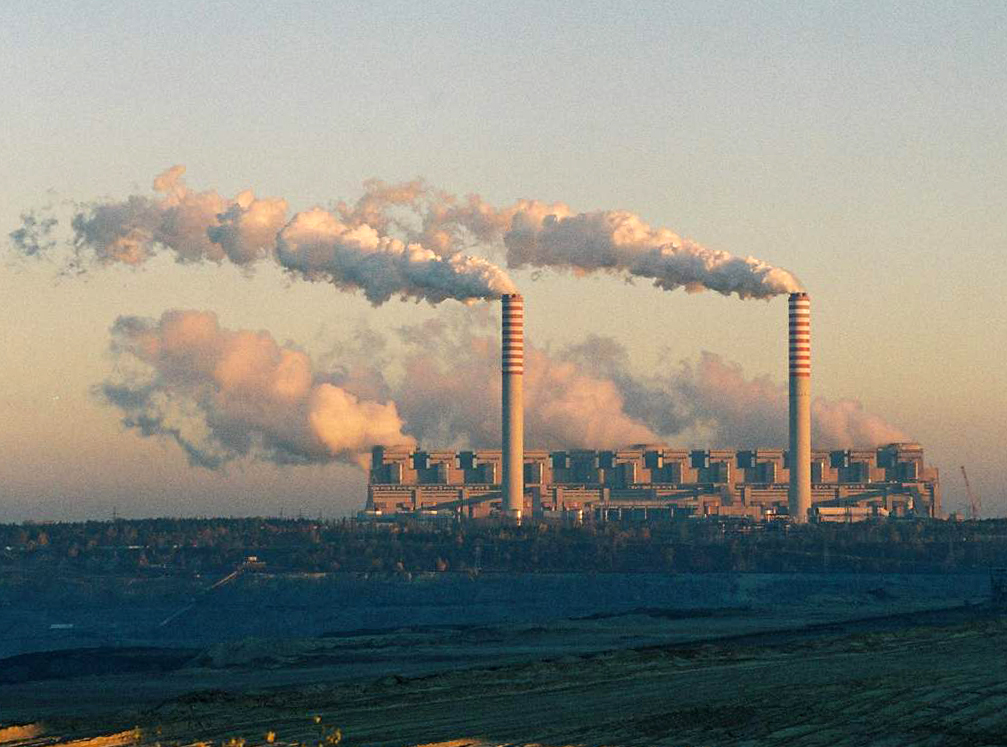by Harriet Conron | @harrietconron
RMIT has revealed less than three per cent of its investment portfolio is exposed to fossil fuel industries.
RMIT’s Chief Operating Officer and Vice-President Resources Steve Somogyi said the university is committed to promoting sustainability in all its actions.
“We have a sustainability policy up on our website for everyone to see, and we actually do as we say,” he said.
RMIT’s financial assets are concentrated in an endowment fund held in trust to the RMIT Foundation, a board of trustees who report to the universit council. The primary purpose of the fund is to generate enough interest to pay scholarships to worthy students.
The $60 million fund is relatively small in comparison to other Australian universities.
Because of this modest size, the board of trustees invest through a professional investment company, Russell Investments, who take the university’s money and put it into a larger pool of investors’ capital.
Russell Investments controls which individual stocks, bonds or property assets this money is invested in – so the university has no authority to cherry-pick particular industries or individual stocks.
Mr Somogyi said Russell Investments is conscious of sustainability, especially with regards to where it allocates investors’ capital.
“I can tell you this because they have to report to us – less than 3 per cent of their fund is actually in companies that have some exposure, not 100 per cent exposure, to the fossil fuel industry,” he said.
The Australian National University’s decision to divest last year resulted in it selling about $16 million worth of shares in seven different Australian resources companies. In contrast (according Russell Investments’ figures) RMIT’s total fossil fuel holdings are worth less than $1.8 million.
Fossil Free RMIT – a student group campaigning for the university to pull its money out of fossil fuel industries – welcomed the news but stressed the university could be doing much more to combat climate change.
“If RMIT is as serious about sustainability as it claims to be, it shouldn’t be difficult to remove that remaining 3 per cent,” said spokesperson Jarrod Parker.
Image sourced from Wikipedia Commons /Petr Štefek


